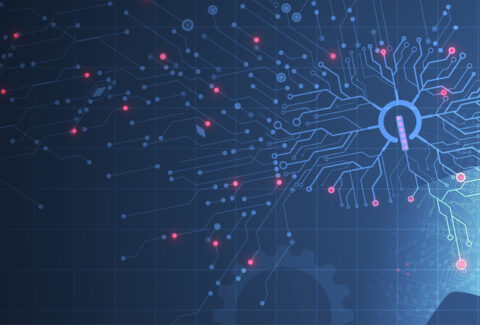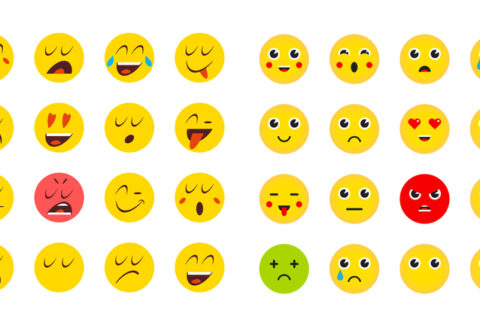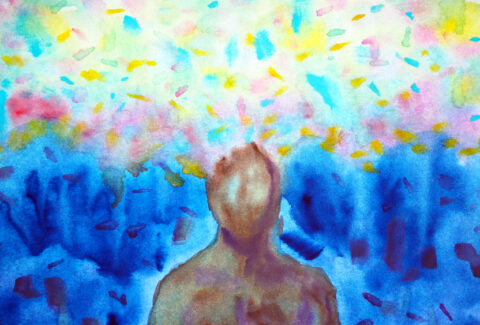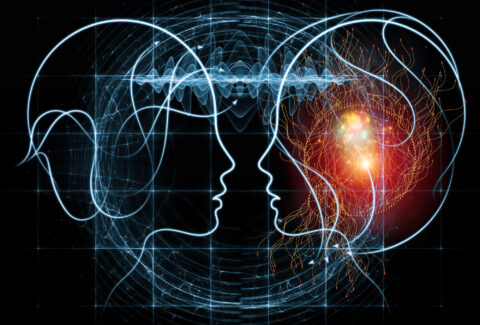The 3 Stages of Knowledge and the 2 Types of Interventions

The 3 Stages of Knowledge and the 2 Types of Interventions
When you participate in SWEET’s Certificate Course on the Clinical Tao, you will learn that there are three stages of knowing. You will learn that the first stage is “Not Knowing;” the second stage is “Knowing;” and the third and last stage is “Not Knowing.”
How do you go from Not Knowing,” (Stage One) to “Knowing,” (Stage Two) and then back to “Not Knowing” (Stage Three)? A trick of the mind, an illusory phenomenon, a play on words? Actually, it is more concrete than that.
Let us explain:
First, we start by collapsing everything. We cannot tell the difference between a situation and the meaning we’ve assigned to it[1]. We cannot tell the difference between a situation and our perception of it; and we cannot tell how what someone says or does and how we react or respond to it are two different things. In other words, we do not know. We are ignorant. All we have is a hammer and everything looks like a nail. As a result, while, we think we know, we do not know.
Second, we start to differentiate. We start to differentiate between what happens and how we are choosing to react or respond. We start to see how a situation is not experienced the same way for two different people, or even for us when we are viewing it from two different states.[2] We start to see the difference between what happens and how we respond to it. And we see how different it is when we use our rational mind, or our emotional mind, our wise mind. In other words, we know. We are no longer as ignorant as we were. For we now see the difference. We now get to choose consciously. And we now know that we do not need to be the victim of “life.”
Third, you start to realize something astonishing. You discover that all you were doing was navigating through a series of dichotomies[3], all of which are false dichotomies. You realize that the situation and your reaction or response to it, are actually the same; not because you are collapsing them; rather, because you’re discovering something else, you’re discovering what life truly is, how it really works, and you realize that the mechanism that life follows is one of paradox. You then realize that whatever you thought you knew you did not really know. You were so sure of having figured it all out. But now, you realized that it was simply half of the puzzle. You realize that you do not know. And, as such, you have reached the third and last stage of Knowing.
In this third and last stage, you reached the state where you realized that you are one with Life. You now realize that you do not know, and you know that you do not know. And this is the major difference between Stage One and Stage Three. At Stage One you did not know and you had no idea that you did not know. It is clear that you did not know because you were all unconscious. In other words, your life was being run unconsciously without even knowing that your life was being run unconsciously. And we know your life was being run unconsciously because you were suffering.
As we mentioned before, at the Second Stage, you start to know. You know consciously, but there is a limitation in your knowing, and you don’t even know it. This will continue until you have discovered the mechanism of paradox[4], which by definition is senseless, logically unacceptable, or self-contradictory. And this means you are back to “not knowing,” and that in itself is the true knowledge – the true knowledge of Reality itself, and the true experience of Ultimate Reality.
What’s the point of all this?
- The cause of suffering is at the first stage, “Not knowing, but not knowing that you do not know.”
- At the second stage, you are empowered, you know how to navigate life without suffering, and you know that when you suffer, it has nothing to do with anything other than your own choice, and you know how to get out of your suffering. However, your knowledge is limited, but you do not know that. Your results are therefore limited, and you either do not realize that or you are not quite sure why.
- You realize the other part of the puzzle, the missing piece, and you realize that whatever you thought you knew, you did not really know. You also realize that “knowing” was simply a process to get to “not knowing,” and in this last stage of knowing exists the limitlessness of life itself, and its mechanism.
What’s Next:
While part of the Second Stage of knowing can be accomplished through Conscious-based Interventions, it takes a lot of time, a lot of effort, and the process can rather be tedious. And, due to blocks in the unconscious mind, Conscious-based Interventions are not enough to fully bring anyone to the second stage of knowing. If our Conscious-based Interventions are not enough to get us to fully accomplish Stage Two, it becomes evident that no part of Stage Three can be accomplished through Conscious-based Interventions, and Unconscious-based Interventions are the only types of interventions that can get us to go from Stage Two to Stage Three.
What are those Unconscious-based Interventions? Here are the first 20.
- 6-10 Second Breath Scanning
- 2-minute Intentional Journaling-Layer 1 (Also known as Intention, or Awareness Intended (AI))
- 2-minute Intentional Journaling-Layer 2 (Also known as Aim Intended, or Outcome Intended (OI))
- 2-minute Breath Awareness Practice
- Throughout the Day Breath Scanning
- Transition Breath Scanning
- Preliminary Breath Scanning
- Corrective Journaling
- Information Source Awareness Practice (ISAP)
- 5-Sense Scanning (5SS)
- Focus Scanning
- Feeling Scanning
- Thought Scanning
- Heartbeat Scanning
- State of Awareness Scanning
- Choice Scanning
- Word Scanning
- Image Scanning
- Projection Scanning
- Perception Scanning
In subsequent articles, we’ll be elaborating on each of the above interventions. We’ll also be introducing additional ones.
Meanwhile:
- At which stage of knowledge do you think you are at?
- What will it take for you to move from one stage to the next one
- How will you know when you are at Stage Three?
[1] Tronick, E. Z. “Why is connection with others so critical? Dyadic meaning making, messiness and complexity governed selective processes which co-create and expand individuals’ states of consciousness.” Emotional development (2004): 293-315.
[2] Barrett, Lisa Feldman, et al. “Knowing what you’re feeling and knowing what to do about it: Mapping the relation between emotion differentiation and emotion regulation.” Cognition & Emotion 15.6 (2001): 713-724.
[3] Lowen, Walter. “Dichotomies of the Mind a Systems Science Model of the Mind and Personality.” (1982).
[4] Caetano Troca Cabella, Brenno, and Carlo Cattani. “The Schro ̈dinger’s cat paradox in the mind creative process.” Information Sciences Letters 9.3 (2020): 1.






